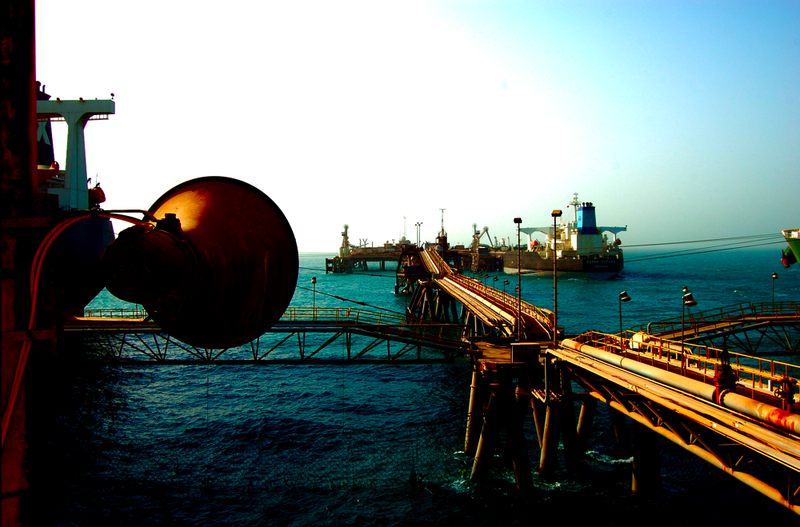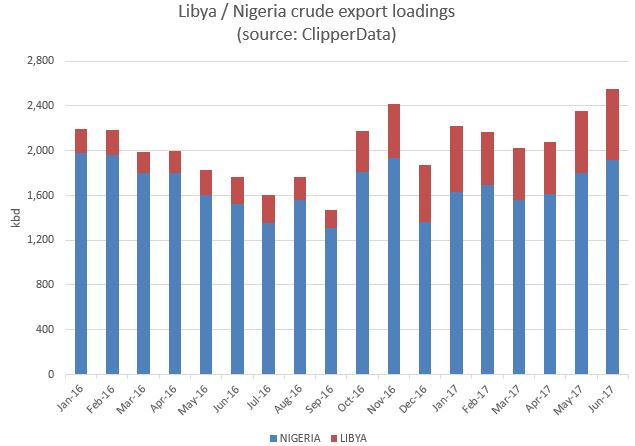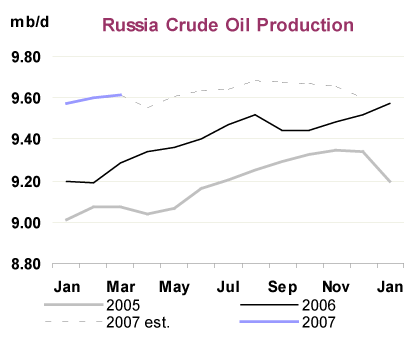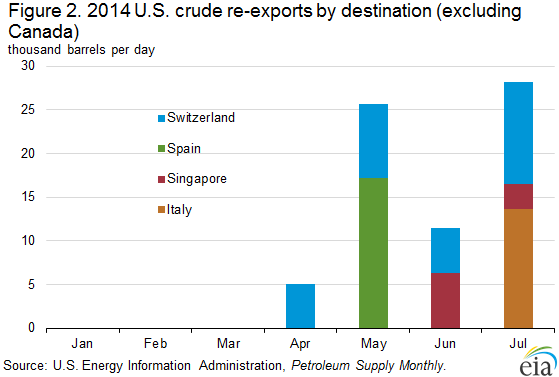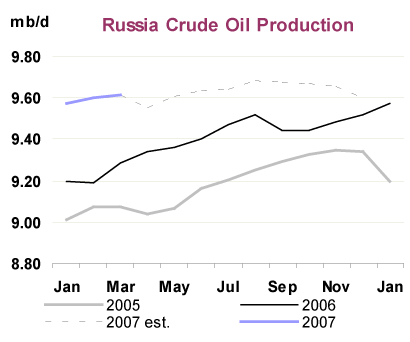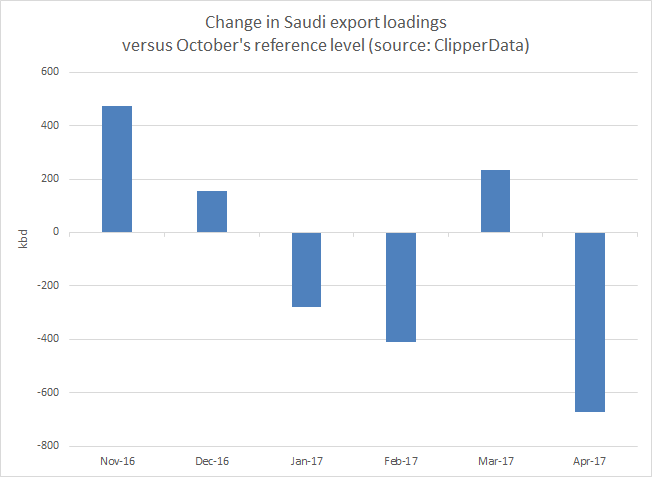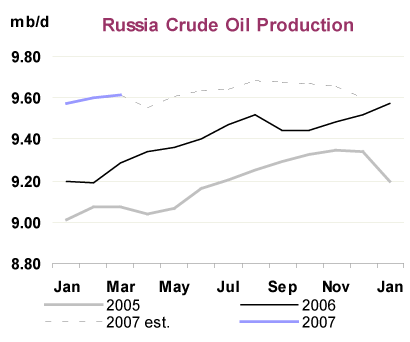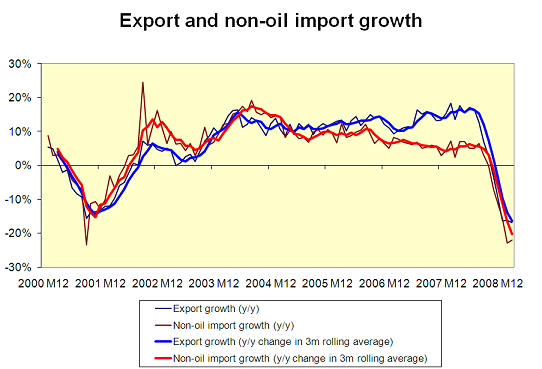By Ahmed Mousa Jiyad.
Any opinions expressed are those of the author, and do not necessarily reflect the views of Iraq Business News.
Oil Market Collapse, Damages the Iraqi Economy and Changes Oil Geopolitics
The collapse of the global oil market is undoubtedly unprecedented in its timing, magnitude, spread and devastating impacts across the globe. A strange and unpredicted association of a few, but major, factors had contributed to the current threat, causing much uncertainty and vulnerability on national and global levels.
The revised “OPEC+” production cut agreed on 12 April prompted initial minor improvement in oil price, but there remains very many serious concerns that such reduction is much below what is needed to bring stability to and balances a saturated global oil market.
This article aims at estimating the collapse in oil market on Iraq first then on both Russia and Saudi Arabia, as they are accused for “OPEC+” failure early last March that ignited the oil price war, and assesses the geopolitical and political economy consideration that contributed to and further complicate the impasse. The article provides a summary of two articles written and published in Arabic recently and an update on recent deliberation by “OPEC+” and G20 Energy Ministers to rescue the situation and bring some stability to global oil market under existing threat of Coronavirus to the world biosecurity.
My two articles attempt to provide comparative assessment of the impact of the collapse with particular focus on short-term horizon, i.e., the remaining nine months of this year under different Brent oil price scenarios on Iraq, first article , while the second focuses on Russia and Saudi Arabia.
Click here to download the full report in pdf format.
Mr Jiyad is an independent development consultant, scholar and Associate with the former Centre for Global Energy Studies (CGES), London. He was formerly a senior economist with the Iraq National Oil Company and Iraq’s Ministry of Oil, Chief Expert for the Council of Ministers, Director at the Ministry of Trade, and International Specialist with UN organizations in Uganda, Sudan and Jordan. He is now based in Norway (Email: mou-jiya(at)online.no, Skype ID: Ahmed Mousa Jiyad). Read more of Mr Jiyad’s biography here.

